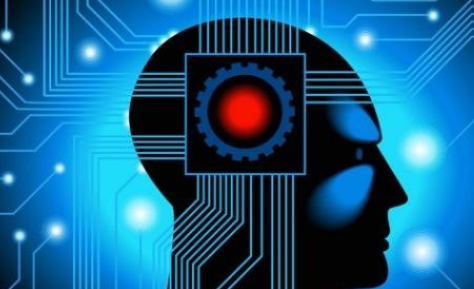Security is a huge place for AI. The future potential is very
First of all, security professionals have never realized how powerful AI can be today. Although Antelope Cloud is a platform manufacturer, it has always been interested in AI and AI-specific processing modules—whether chips or boards. In the past, there was not enough in-depth research, and Zhang Jin spent eight years from 2004 to 2012 working on R&D, almost reaching a breaking point. Traditional technology simply couldn’t achieve face recognition, license plate detection, behavior analysis, or object tracking. Today, thanks to deep learning, the security industry has become one of the most important fields for artificial intelligence applications.
Secondly, the security industry today is more eager than ever to adopt low-cost, low-power modules. This is because the security chain involves many factors—such as camera height, angle, lighting, processing functions, and environmental conditions—that cannot be handled by CPUs alone. As a result, the industry is looking for tailored solutions that fit different scenarios and environments, making specialized hardware more essential than ever.

For example, Antelope Yunxiang collaborates with Shenjian Technology on community-based security solutions. The biggest opportunity in the security field comes from the "Snow Project," a national initiative led by nine ministries and commissions, aiming for full coverage, network sharing, 24/7 availability, and complete control. This means that every camera across China will be connected. However, there are still few smart cameras that meet high performance requirements, which puts pressure on network infrastructure. Given current conditions, it's unlikely that all video data will be processed in the cloud. Instead, some intelligent devices may be placed at the edge—like smart cameras or local servers. For instance, in residential areas, many communities have security rooms. Smart systems can now recognize faces of residents and delivery personnel, as well as license plates. Without low-power devices, such features would be hard to implement.
Thus, dedicated processing modules tailored for specific scenarios are becoming increasingly promising. For example, Shenjian Technology’s FPGA-based solution and their upcoming dedicated chip (set to launch in the first half of next year) offer strong options for the industry.
Thirdly, security has become a major hub for AI development. Security professionals have faced challenges due to the presence of companies like Huawei and Hikvision, followed by a wave of startups, making it difficult to stand out. Now, with big players like Huawei (Huawei Cloud) and Alibaba (City Network) entering the space, traditional manufacturers are under pressure. With so many startups emerging—such as Shang Tang, Contempt, and Horizon—the competition is fierce. How should the industry approach AI? In fact, the security industry is still in the middle of its evolution, not at the end. At this stage, we’re seeing a clear trend toward scenario-based differentiation. Previously, the industry was segmented by categories like cameras, software, and applications. Now, scenarios are being divided even further. Some companies focus on city-level surveillance, like Alibaba’s City Network, while others target specific areas like power systems or building management. In these细分 scenarios, it’s unlikely that a single AI algorithm will work across all use cases in the next three to five years.
Sun Jian, Chief Scientist at Contempt, pointed out that deep learning is still far from achieving a universal solution. In this context, developing specialized processing modules and product forms is highly promising. So while we can’t predict exactly what the security industry will look like in the future, we can see that many AI startups are already working on AI accelerators, custom ASICs, and AI-specific modules. Hikvision is also offering full AI product solutions. Everyone has a chance to play a role in this evolving landscape.
ESS All-in-one Solar Generator
The ESS All-in-one Solar Generator is a portable and efficient power solution that harnesses the energy of the sun to provide clean and renewable electricity. This all-in-one system includes solar panels, a Battery storage unit, and an inverter, making it a versatile and convenient power source for a variety of applications.
The solar panels collect sunlight and convert it into electricity, which is then stored in the battery unit for later use. The inverter converts the stored energy into usable AC power, allowing you to run appliances, charge electronic devices, and power lights and other electrical equipment.
The purpose of the ESS All-in-one Solar Generator is to provide a reliable and sustainable power source in off-grid or remote locations, as well as during power outages or emergencies. It can also be used for outdoor activities such as camping, RV travel, and outdoor events, providing a convenient and eco-friendly alternative to traditional generators.
Overall, the ESS All-in-one Solar Generator offers a clean, quiet, and renewable power solution that is easy to use and maintain, making it an ideal choice for anyone looking to reduce their reliance on fossil fuels and embrace sustainable energy options.
solar solution,inverter for pv system,off-grid PV inverter,inverter pure sine wave for home
Bosin Power Limited , https://www.bosinsolar.com